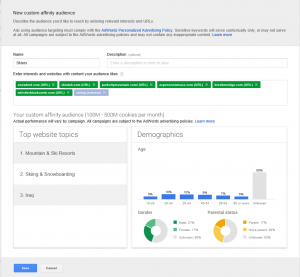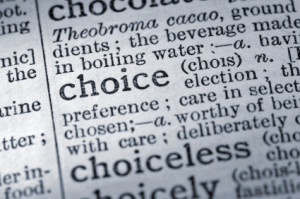Elon Musk’s X now treats the term ‘cisgender’ as a slur on the platform
Posting the term, which is used by many health organizations, on X’s mobile app now comes with a warning prompting users to delete the post.
BY Chris Morris
Elon Musk warned us this was coming. Now, the owner of X (formerly Twitter) has apparently followed through on his threat to begin treating the words “cis” and “cisgender” as slurs, the latest in a number of moves on the social media site that some view as targeting transgender individuals.
Posting to X via the mobile app with the words “cisgender” or “cis” results in an interstitial warning screen reading, “This post contains language that may be considered a slur by X and could be used in a harmful manner in violation of our rules.” Users are then given the option to delete the post or risk publishing it. (TechCrunch was the first to report the warning screen.)
Publishing from a desktop browser did not bring up the warning screen as of Wednesday afternoon.
For the better part of a year now, Musk has been publicly opposed to the term, which refers to people whose gender identity is the same as that assigned to them at birth. In June of 2023, a little over a year after buying Twitter and paying lip service to “free speech,” he announced on the platform, “Repeated, targeted harassment against any account will cause the harassing accounts to receive, at minimum, temporary suspensions. The words ‘cis’ or ‘cisgender’ are considered slurs on this platform.”
At the time, it was just another outlandish statement from Musk. The site did not follow up with warnings, suspensions, or more. This week, though, that edict appears to have become X policy.
It’s a markedly different approach to the issue than those taken by other social media platforms, including Facebook, which as far back as 10 years ago, allowed users to use cisgender and nearly 50 other terms (including androgynous and pangender) in the gender category.
Cisgender, to be clear, is not a slur. It’s a descriptive term that dates back at least 30 years, according to Merriam-Webster, and one that applies to most people.
The term came into prominence as prejudices over transgender identities began to ease slightly. Cisgender was a way to differentiate between those who reject the gender identity given to them at birth from those who accept it. The American Psychological Association, World Health Organization, American Medical Association, American Psychiatric Association all accept the word.
X has become increasingly hostile for trans users for the better part of the past year. Last April, the company quietly did away with an existing policy against the “targeted misgendering or deadnaming of transgender individuals.” That policy had previously been in effect since 2018.
“Twitter’s decision to covertly roll back its longtime policy is the latest example of just how unsafe the company is for users and advertisers alike,” Sarah Kate Ellis, the president and CEO of the advocacy group GLAAD said at the time. “This decision to roll back LGBTQ safety pulls Twitter even more out of step with TikTok, Pinterest, and Meta, which all maintain similar policies to protect their transgender users at a time when anti-transgender rhetoric online is leading to real world discrimination and violence.”
Musk has a history of posts the LGBTQ+ community has found offensive. Days after he took over the site, he posted a false anti-gay rumor about Paul Pelosi, husband of then-Speaker of the House Nancy Pelosi, after Pelosi was attacked in his home. He falsely implied the company’s former head of trust and safety, who is gay, had advocated for child sexualization, which forced that former employee to flee their home. And he did away with Twitter’s Trust and Safety Council, which the company formed in 2016 to address hate speech, child exploitation, suicide, self-harm and other problems.
He also has a transgender daughter who, in 2022, said, “I no longer live with or wish to be related to my biological father in any way, shape or form.”

ABOUT THE AUTHOR
(21)
Report Post







